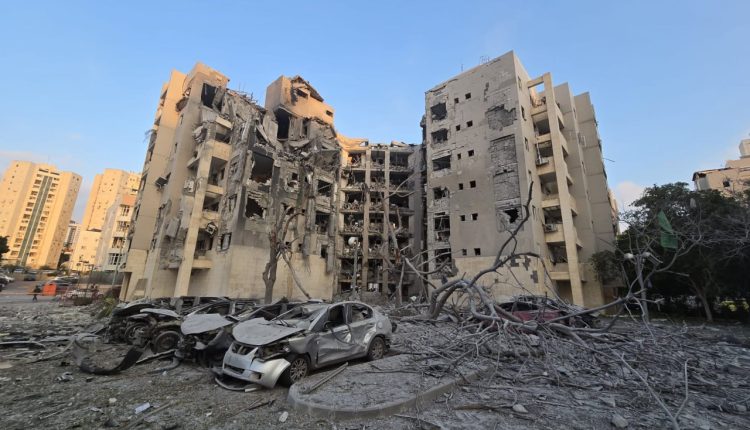Iran Negotiates with Fire, Not Under Fire: Twelve Days That Upended the Regional Balance and Shook Israel and the United States
In just twelve days, the Islamic Republic of Iran wrote a new chapter in the region’s equations of deterrence and sovereignty. Emerging from one of its most perilous confrontations with the United States and the Zionist entity, Iran came away not only more united but also more capable and audacious in imposing its will and terms.
Unprecedented Israeli Defeats
Israel suffered a series of political, military, and security blows unprecedented in its history—even compared to its major wars. Despite repeated threats and limited strikes against Iran, the outcomes on the battlefield and in the political arena amounted to zero. By contrast, precision missiles struck sensitive Israeli military sites, and systems such as the Iron Dome failed to intercept them.
Failure of the Assault on the Nuclear Program
One of the declared goals of the U.S.–Israeli aggression was to “cripple Iran’s nuclear program.” Yet the result was the exact opposite. Whether delivered by drones or missiles, the raids failed to destroy—or even disable—Iran’s nuclear infrastructure. Iran preserved its facilities and sustained operations without interruption, sending a clear message: national sovereignty is a red line.
Iran’s Missile Force Remains Strong and Expanding
Western assessments predicted that war would weaken Iran’s missile capabilities. In reality, the exact opposite occurred. Iran’s Islamic Revolutionary Guard Corps Aerospace Force seized the opportunity to test new long-range, high-precision missile systems—demonstrating that its strength does not wane under challenge but grows stronger with every trial.
Victory in the Battle for Internal Security
Washington and Tel Aviv sought to replicate chaos within Iran by activating sleeper cells and espionage networks. Iran successfully foiled these plots, announcing over the past few days the dismantling of hundreds of spy rings involving more than 25,000 individuals—testament to the vigilance of its security services and the cohesion of its domestic front.
A Reversal in the Equation of Weakness and Strength
Israel emerged from this round at its weakest—shaken by internal political crises and humbled by the scale of responses that exposed its vulnerabilities. Conversely, Iran emerged stronger than ever, gaining deepened regional and international solidarity—even from former adversaries—and cementing its status as a power that cannot be ignored in the Middle East.
Iran Negotiates with Fire… Not Under Fire
This round was more than mere retaliation; it was a lesson in the dynamics of power. Iran proved that it negotiates from a position of strength, wielding the tools of fire rather than bowing to threats and pressure. It underwent a transformative ordeal—exiting it wiser and more potent—while revealing its adversaries’ realities to the world and shattering the long-propagated aura of Israeli invincibility.
Conclusion
This was not simply a military engagement but a harsh negotiation by fire—conducted by Iran from a stance of parity, not submission. Through it, Iran drew new red lines and imposed the enduring dictum: “Iran negotiates with fire, not under fire.” This principle will inform every calculation of its adversaries from now on.

